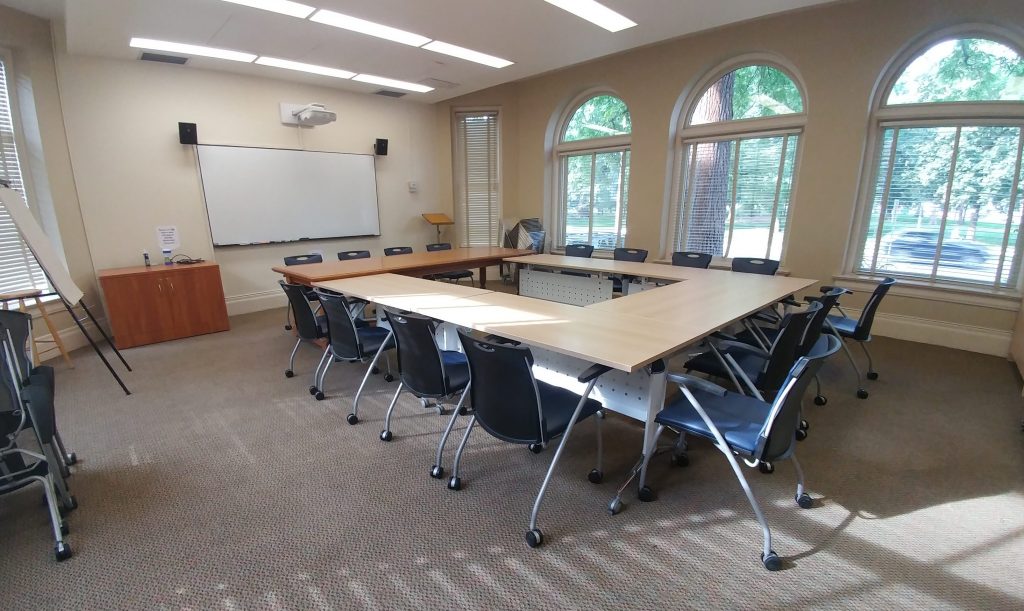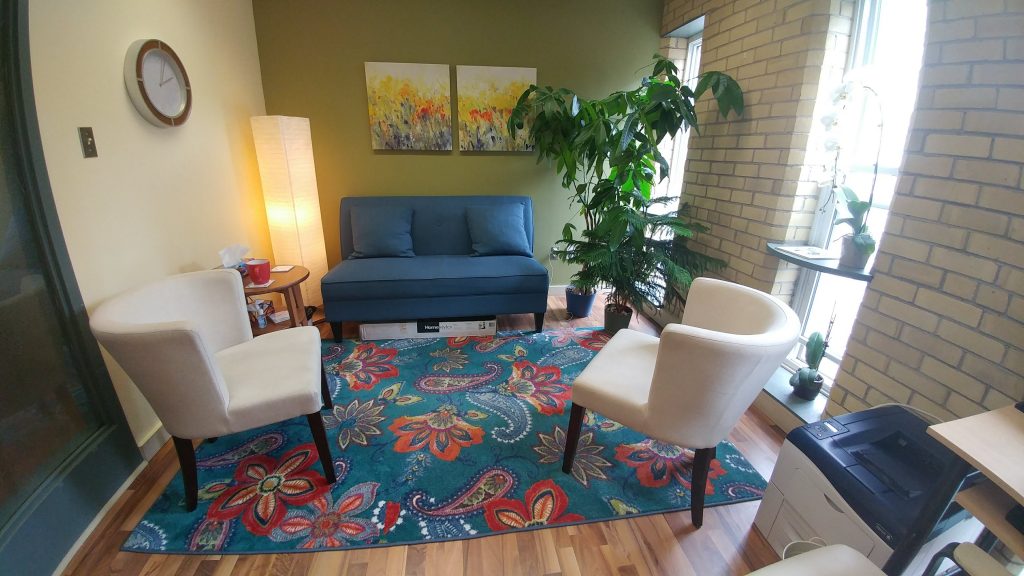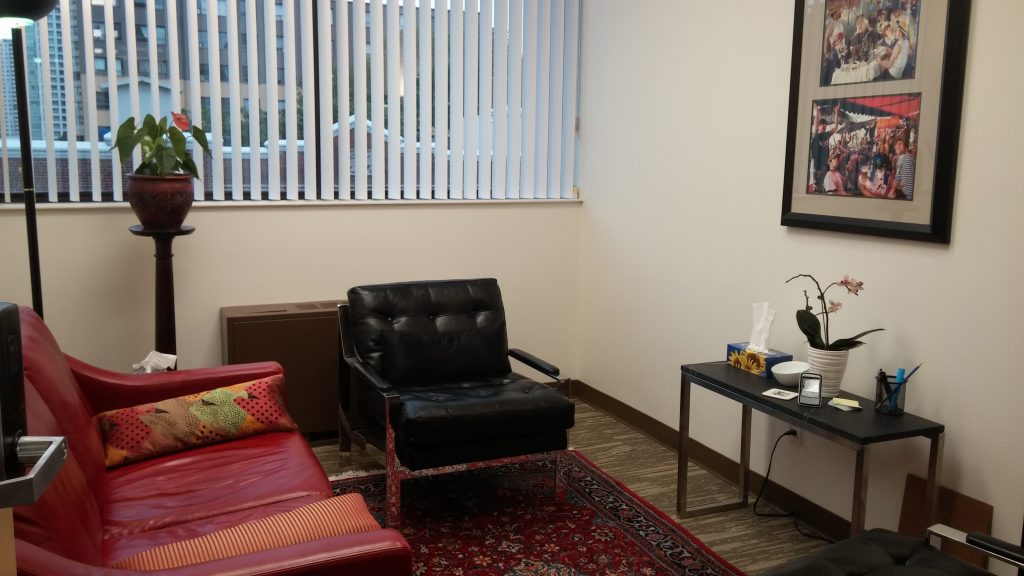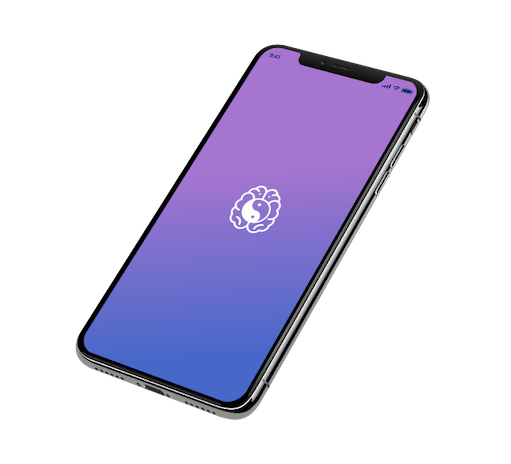At PEACE, we know that ‘one size fits all’ isn’t going to cut it for our clients. Many people and their families are struggling with powerful negative emotions, impulses and behaviours. With our program, DBT for Me, we will help you learn the skills that are most relevant to you in the way that will work most effectively for you. Depending on your current challenges, your individualized treatment plan will include a combination of our DBT services, including Individual, Family and/or Group Therapy, amongst a variety of ancillary services.


Individual therapy sessions can be provided as either a supplement to the DBT Skills Treatment Group, or as the primary mode of therapy. For people who choose the group, individual sessions can be used to create a therapeutic rapport so that problem behaviours and situations can be examined closely, and new behaviours can be learned and practiced. These sessions are also essential for increasing motivation, enhancing capabilities, dealing with intolerable emotions and uncovering thinking problems.
Sometimes clients have challenges that make it difficult for them to come in to the office. This can include an acute episode of depression or anxiety, a refusal to leave the home, or circumstantial challenges. PEACE Psychotherapy recognizes that this can be an obstacle to effective treatment. For this reason, we offer confidential online video services when needed, either to replace individual sessions or in-between session coaching.

PEACE Psychotherapy views parents as partners in the therapeutic process. This is especially true when there is lots of conflict between the adolescent and other family members, but it is also true when family members are inadvertently reinforcing or “enabling” maladaptive behaviours. Family members often find themselves: a) alternating between extremes in parenting styles b) over or under reacting to adolescent problem behaviours c) struggling with their teens’ transition from a dependant teenager to an independent young adult. In these situations family sessions become critical. The purpose of the family sessions then is to help the family resolve these dilemmas and create a space for healing and growth. At times, it may be important to have home-based sessions in order to develop a more accurate assessment of the problem and to determine appropriate interventions.
Couples therapy at PEACE Psychotherapy offers a valuable opportunity for individuals to gain deeper insights into themselves, their partners, and the dynamics of their relationship. Through this process, couples can work towards building a stronger foundation of understanding and connection.
Common Stressors Addressed:
Finances and Household Responsibilities
Sexual Intimacy
Values and Future Goals
Addressing Blame and Shame
Effective Anger Communication
Eliminating Hostility, Passive Aggression, and Resentment
Setting Objectives and Limits
Potential Outcomes
Utilizing day-to-day challenges as opportunities for observation and skillful behaviour use is critical in DBT. The Diary Card is a tool clients use in order to identify and monitor unskillful behaviours, as well as target and replace them with more skillful ones. DBT Coach is an interactive app that PEACE clients can use to record personalized diary cards in the moment as well as access 100s of DBT lessons and activities. Therapists and group facilitators with PEACE Psychotherapy use the DBT Coach App to assign clients with relevant skill practice opportunities. Along with their clients, they are able to review clients’ entries, and track and review progress over time.
Participants of PEACE groups and clients seeking DBT are highly encouraged to utilize assigned homework and practice opportunities between sessions that may include exercises in and outside of the DBT Coach App.

Sometimes clients have challenges that make it difficult for them to come in to the office. This can include an acute episode of depression or anxiety, a refusal to leave the home, or circumstantial challenges. PEACE Psychotherapy recognizes that this can be an obstacle to effective treatment. For this reason, we offer confidential video services when needed, either to replace individual sessions or in-between session coaching.
Group settings provide clients with an added level of interpersonal support, allowing individuals to create new connections, practice interpersonal skills and develop comfort in a social context. Group leaders provide a powerful environment of compassion and empathy for each individual. This also allows for interactions that challenge participants to let go of self-defeating beliefs and behaviours, replacing negative emotions with more positive ones, and ultimately achieving personal life goals.
Clients considering participation in the DBT skills treatment group are asked to attend several individual sessions prior to joining the group in order to orient them to the treatment and ensure informed consent. The DBT Skills Treatment Group is not for everyone, as participation requires a certain level of commitment. First and foremost, participants must be committed to working on personal goals, and willing to discuss their efforts, successes, and failures in a group setting. Aside from common rules such as confidentiality, participants will be asked to make other commitments designed to create a safe and supportive environment that also promotes the learning and practicing of skillful behaviour inside and outside of group sessions.
For those interested in learning the skills taught in group in a different format (i.e. individually or as a family), click here to contact us.
Sessions are held weekly. Each session is 2-hours. Sessions may be cancelled during holidays/vacation time etc., when agreed upon ahead of time. The group is structured into 4 modules: Mindfulness, Emotion Regulation, Interpersonal Effectiveness and Distress Tolerance. The completion of Module 4 is followed by returning to Module 1, and runs continuously. The group is an ‘open group’, which means that once a PEACE client is individually oriented and committed, the person may join the group at the beginning of the upcoming module (i.e. they do not need to start at “Module 1”).
Each module takes roughly 4-6 sessions to get through. Facilitators commit to getting through the material in a total of 20 weeks, allowing clients to plan accordingly. Clients are encouraged to participate in the group until they have developed a good grasp of the skills and have integrated them into their lives. Research suggests that attending each module at least twice allows for the best results. This structure also creates a group that includes members that are both new and more experienced with the material.
What skills are we learning in group and why?
In order to solve some of life’s problems, we often have to learn new ways of doing things. Group members are trained in four primary skills areas:
If we knew how to be effective in a situation, we would be. DBT Skills are evidence-based, scientifically validated skills that are increasingly taught to people with everyday problems as well as those whose lives are spiralling out of control.
Groups are run by 2 facilitators and are capped at 8 participants.
PEACE understands that clients’ therapy needs are diverse, so we create an individualized treatment plan based on those needs. PEACE requires that clients have an assigned individual therapist with PEACE Psychotherapy, and have, at the very minimum, one individual therapy session per group module. These required sessions are included in the group price.
A client may choose to attend more individual sessions than just one per module. For example, many clients prefer to attend weekly or biweekly individual sessions. As clients become more skillful, they may ween down on the frequency of these sessions.
A client would be required to attend an individual session if the group facilitators deemed a client’s behaviour was disruptive (as per the ‘Disruptive Behaviour Agreement’*) during a group session. This session with their PEACE Therapist would serve for supportive processing, recommitting, and preparing to return and repair with the group.
Here are common therapy options that clients utilize while in group:
DBT believes that it is essential to focus therapeutic interventions on replacing unskillful behaviours with more skillful ones in order to achieve our goals and make the most out of our lives. In order to do this, it is essential to tolerate the negative emotions that drive the problem behaviours, rather than act in an unskillful manner in order to avoid experiencing them. All group members are encouraged to participate to a level with which they are comfortable, and to be willing to stretch their limits in order to create real change in their lives, while also setting limits effectively before acting unskillfully.
When group members exhibit behaviours that are disruptive to the therapeutic process of the group, the therapist and/or group members will respectfully observe and describe these behaviours, and they will have an opportunity to correct the behaviours and practice skills. Your therapist will make every effort to support you to remain in the group, but if the interfering behaviours continue, you will be asked to leave for the remainder of the session. You will be expected to attend a minimum of one individual session to explore solutions in order to return to the group. If you are asked to leave a second time, you may be suspended pending a team meeting. The team meeting may involve further problem solving or a decision to discharge you with referrals.
Clients must be committed to attending all four modules (i.e. 20 group sessions) and at least one individual therapy session per module (i.e. 4 Individual Therapy sessions). After completion of the 4 modules, group members may continue to stay in group, committing to one module at a time. Group participants are required to pay in advance. Clients are not refunded for missed sessions except for exceptional circumstances that must be discussed and agreed upon with the facilitator or individual therapist (i.e. vacation planned in advance, physical illness). *If client is not engaged in regular individual therapy a commitment of one individual therapy session per module is required.
There are 2 payment options:
Option 1: Clients may pay $2300 + applicable taxes ($2449.50 total including 6.5% HST) / 4 modules (20 sessions – 40 hours) to cover 20 group sessions.
Option 2: Clients may pay $575.00 + applicable taxes ($612.38 total including 6.5% HST) / ( installments every 5 weeks (5 sessions – 10 hours)
Price breakdown:
Each group session price $115.00 + applicable taxes ($122.48 total including 6.5%) per session.
one module = 5 group sessions $575.00 + applicable taxes ($612.38 total including 6.5% HST)
four modules = 20 group sessions $2300.00 + applicable taxes ($2449.50 total including 6.5% HST)
| Service | Description | Fee |
| Initial Phone Inquiry | A brief phone call to discuss your needs, answer any questions about our services, and set up an Initial In-Person Consultation | Free |
| Initial In-Person or Video Consultation | Meeting with client and/or family members to explore treatment needs and goals. | $195-360 /1.5 hours + applicable taxes |
| Therapy Session | Individual, Couple, or Family | $150-240* /hour + applicable taxes |
| Multi-Therapist Consultation | Meeting with client and/or family members and all involved therapists | $325 /hour + applicable taxes |
| DBT Skills Treatment Group | On-going group. Open enrollment. 4 Modules covered over the course of 20 two-hour sessions held once a week. *If client is not engaged in regular individual therapy a commitment of one individual therapy session per module is required. | $2300.00 + applicable taxes / 4 modules (20 sessions – 40 hours) Each group session price $115.00 + applicable taxes *If client is not engaged in regular individual therapy a commitment of one individual therapy session per module is required |
| In-Home Session | Individual, Couple, or Family | $150-240* / hour plus travel time + applicable taxes |
| E-Counselling | Counselling through confidential online audio/video forum | $150-240* / hour + applicable taxes |
| Telephone Coaching | In-between session support | $150-240*/ hour + applicable taxes, pro-rated |
| DBT Coach App | Use of the DBT Coach app for diary cards and homework | $15/month +HST |
| Collateral Contact | Communication with other service providers (i.e. psychiatrist, case manager, etc.) | $150-240*/ hour + applicable taxes, pro-rated |
| Other Services as Required | i.e. homework review and feedback, therapeutic email or text correspondence, letter writing, counseling phone calls, report writing, clinical communication with other service providers | $150-240* / hour + applicable taxes, pro-rated, as agreed upon |
| Logistical Communication | Phone calls, text messages, and emails related to appointment times and scheduling | No Charge |
| Follow-Up | Calls initiated by the therapist | No charge |

If a client does not cancel a scheduled appointment, PEACE Psychotherapy will bill for the entire cost of the missed appointment or cancellation with less than 24-hours of notice. If a client is late for an appointment, the session will still end at the original appointment time.
*Rate based on therapist experience. You may inquire about our sliding scale which can be determined on an individual basis.
In special circumstances, a monthly fee may be negotiated that would include things like session time, telephone consultations and travel time if required. Accepted methods of payment: e-transfer, cheque, cash, credit card
Rates are subject to periodic review with 30 day notification.
HST may apply.
The office is close to all three subway lines: Museum Station (5 minute walk), Wellesley Station (9 minute walk) and Bay Station (9 minute walk). Street and lot parking available.